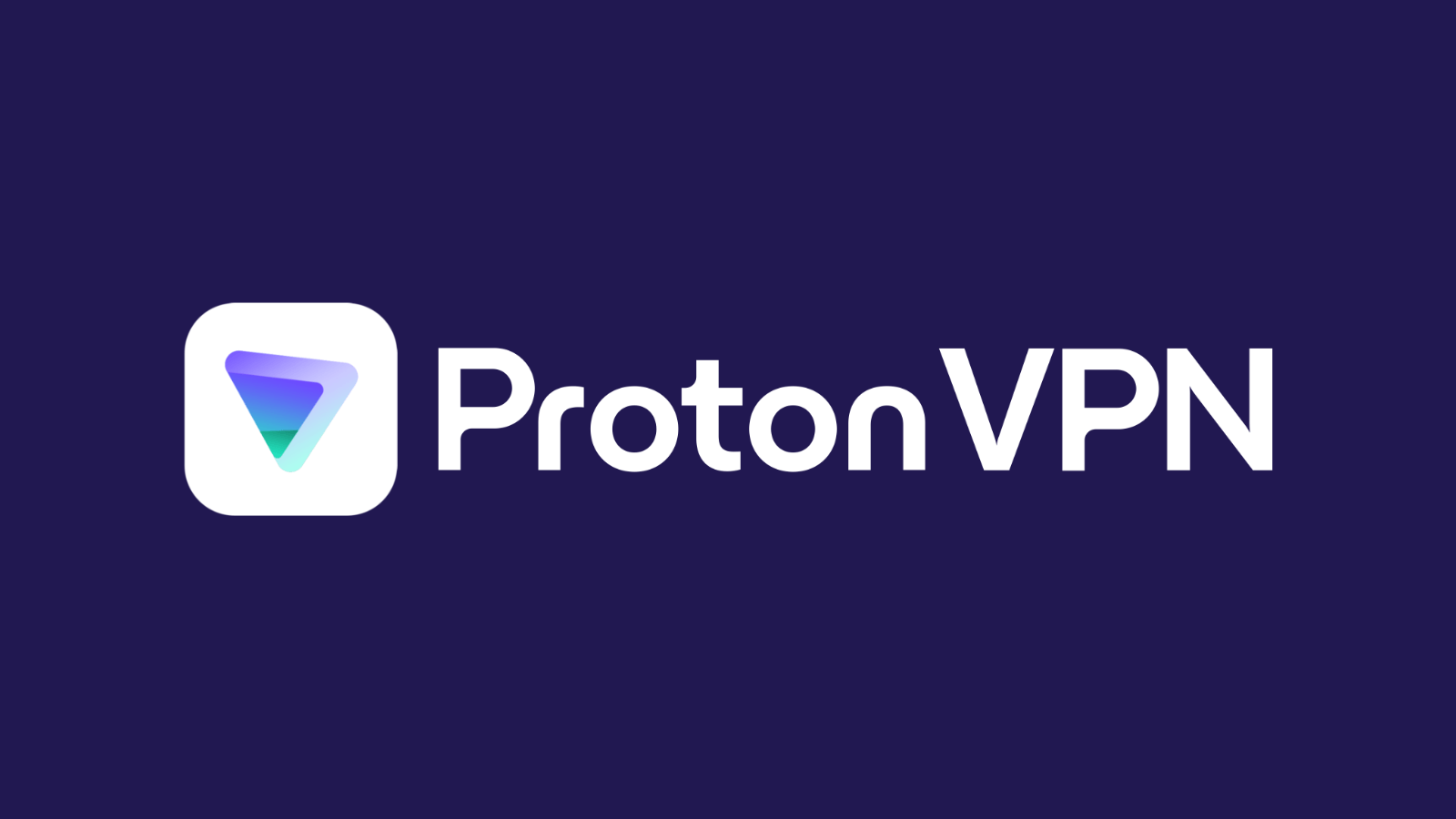Tag: nforce
-

Windscribe
Windscribe, a cross-platform virtual private network (VPN) service provider, was founded by Yegor Sak and Alex Paguis in 2016. Based in Canada, it has grown to operate internationally, supporting a broad range of operating systems and platforms, and providing services to personal computers, smartphones, routers, and smart TVs1. The company’s offerings include OpenVPN, Internet Key…
-

ProtonVPN
ProtonVPN is a virtual private network (VPN) service provided by Proton Technologies AG, the company behind the email service ProtonMail. ProtonVPN was created to provide a secure, private, and censorship-free internet connection to people all over the world. It encrypts your internet connection and hides your IP address, making it difficult for hackers, ISPs, and…

